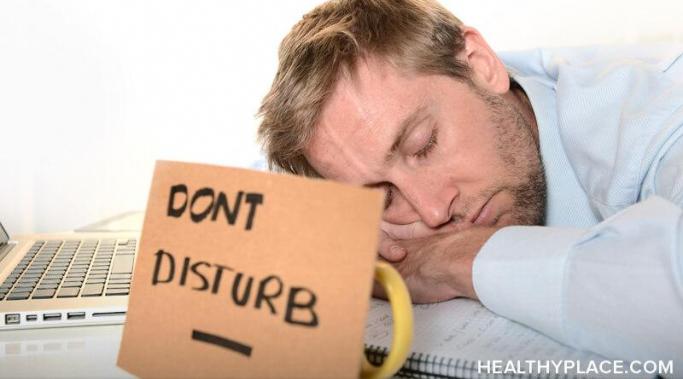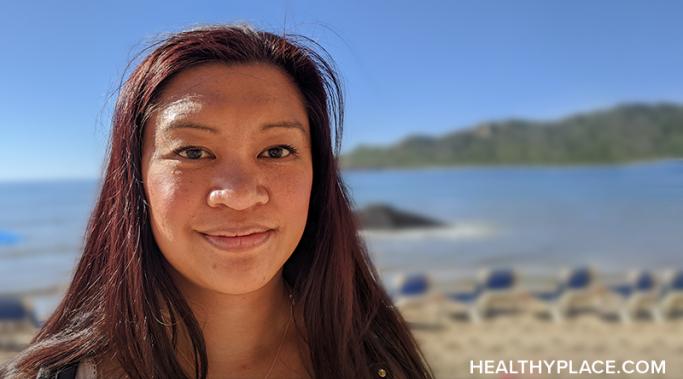Blogs
Sometimes, to reduce anxiety, the most powerful thing we can do is reconnect with ourselves, our values, and those in our lives. Chances are, your life is busy. To be busy can be good and healthy when we're pursuing our passions and creating the quality life we want. However, when we become too busy and stress dominates, we risk becoming disconnected from what's most important to us, the values that often drive our busyness in the first place. To reduce anxiety in the long term, reconnect to what gives your life meaning.
Social justice and eating disorder recovery are two of the driving forces in my life. It informs my relationships, conversations, and writing, but I cannot take credit for this—eating disorder recovery introduced me to social justice.
With the new year now underway, you’re bound to hear talk of people resolving to cut out toxic relationships, people, what have you. In fact, I’m sure so many people say that every year, the very thought of anyone suggesting they’re going to cut out toxic relationships is more of a cliché than anything else, eliciting nothing more than an eye roll. I mean, who really follows through on any of their resolutions, anyway?
So often when we think about relationships and how they can impact our mental health, we consider familial, social, and romantic relationships. However, for many people, work relationships can also play an undeniably significant role when it comes to our mental health (for better or for worse). In fact, it is not uncommon to spend more time with your coworkers than anyone else in your life. Therefore, it is essential to analyze how these work relationships could (and perhaps do) impact your mental health.
We need executive dysfunction coping skills because this type of dysfunction is a common symptom of all kinds of mental illnesses, from attention-deficit/hyperactivity disorder (ADHD) to depression to posttraumatic stress disorder (PTSD). Executive dysfunction makes a person struggle to perform tasks that they are otherwise completely capable of performing. Although this is often mistaken for laziness, it is a completely different experience.
Posttraumatic stress disorder (PTSD) is exhausting. I often describe the disorder as a brain at war with itself, fighting and pulling different parts of your mind in all directions. The thoughts, worries, and instincts circling through your head can get so loud at times that it makes you want to cover your ears.
Today I want to talk about reducing travel anxiety over the holidays. The holiday season can bring with it a number of positive experiences, but it also involves potentially stressful situations. One that occurs frequently but isn't discussed often is the challenge of planning yours or your family's travels. The planning process can be extensive, convoluted, and just plain frustrating, and ultimately can be a significant source of anxiety. Anxiety can result from the planning process, the time you're actually traveling, or even the disruption to your schedule that results from visiting (or being visited by) family. The demands of holiday travel can be intense and unpredictable, so what can you do to reduce travel anxiety and enjoy yourself?
My name is Rizza Bermio-Gonzalez and I am very excited to join HealthyPlace and co-author the "Treating Anxiety" blog. I have been dealing with chronic anxiety since I was very young, and for many years I struggled with relating to others around me. I constantly worried about things that others didn’t seem to be worried about. I started having repeated headaches when I was in middle school, and the doctors could not find anything wrong with me. As I got older, I became even more aware of the physical symptoms that I would experience along with my constant sense of dread, worry, and nervousness.
It's the beginning of 2020, and I have a new year gift to offer you: mindfulness exercises to help anxiety. It's a brand-new year. Chances are, you would rather that anxiety didn't accompany you into this year or any other year. You don't have to remain attached to anxiety. Break free from worry and panic by making mindfulness a way of life, and start now, early in 2020, by helping your anxiety with these 20 mindfulness exercises.
I've found overstimulation is common with dissociative disorder. We with dissociative disorders have a "special" nervous system that is more reactive to stimuli. Our propensity towards dissociation and anxiety creates an ideal combination that is overwhelmed with excessive stimuli, also known as sensory overload, or overstimulation.









